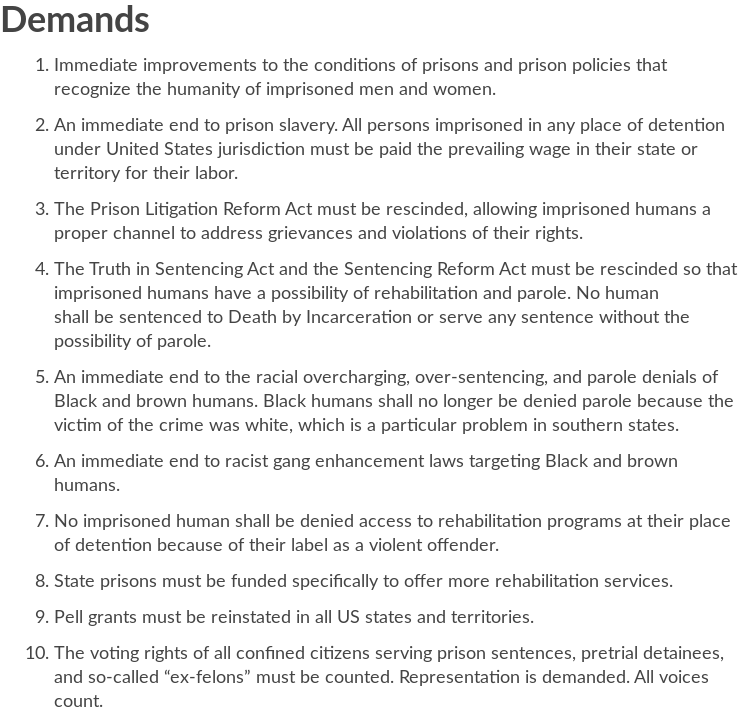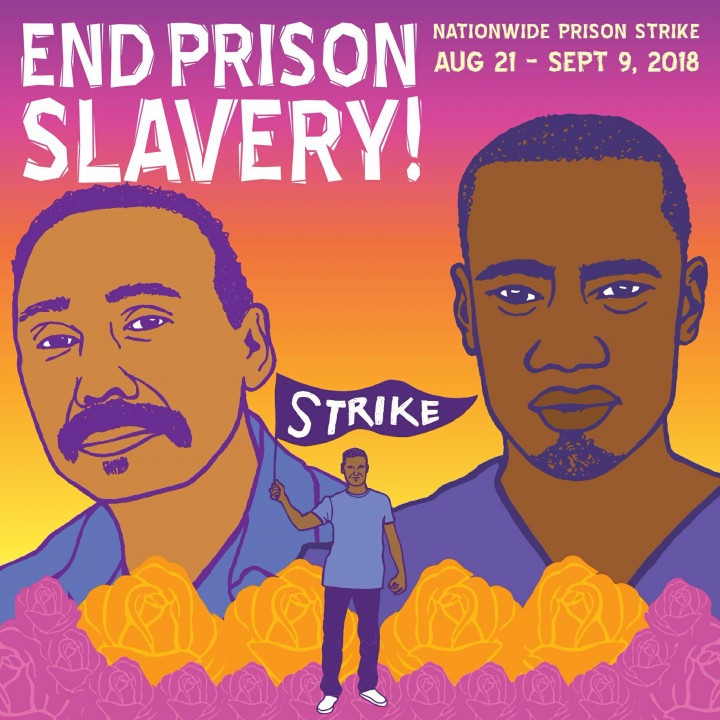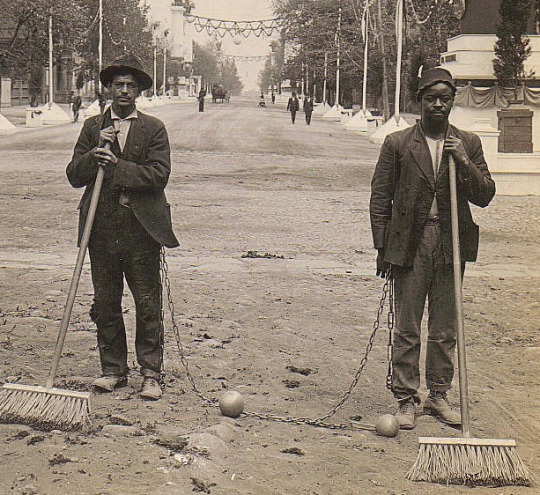![Right of Return Fellow Victor “Marka27” Quiñonez, bearded, with dark glasses and a dark hat. He holds up his unbuttoned green shirt to show the white t-shirt underneath that says, "All my homies hate prisons." [Photo by Maurice Sartirana, courtesy of Right of Return Fellowship]](https://images.fastcompany.net/image/upload/w_562,ar_16:9,c_fill,g_auto,f_auto,q_auto,fl_lossy/wp-cms/uploads/2023/02/i-4-90850219-abolitionist-art.webp)
Sometimes the news is uplifting.
Aside from the sheer scale of Imagining Freedom, what sets the initiative apart is its focus on tangible outcomes rather than performative conversation around reform. Intent on normalizing people and communities impacted by incarceration as leaders and cultural contributors, this initiative puts money directly into the pockets of those historically passed over as agents in their own lives and consequently excluded from funding. By centering art in its funding, Imagining Freedom is prioritizing financial and creative autonomy for its grantees in tandem. The former is necessary given the system’s intent on economically repressing communities and individuals impacted by incarceration; the latter integral to rejecting what has been historically ingrained in us as a just system.



